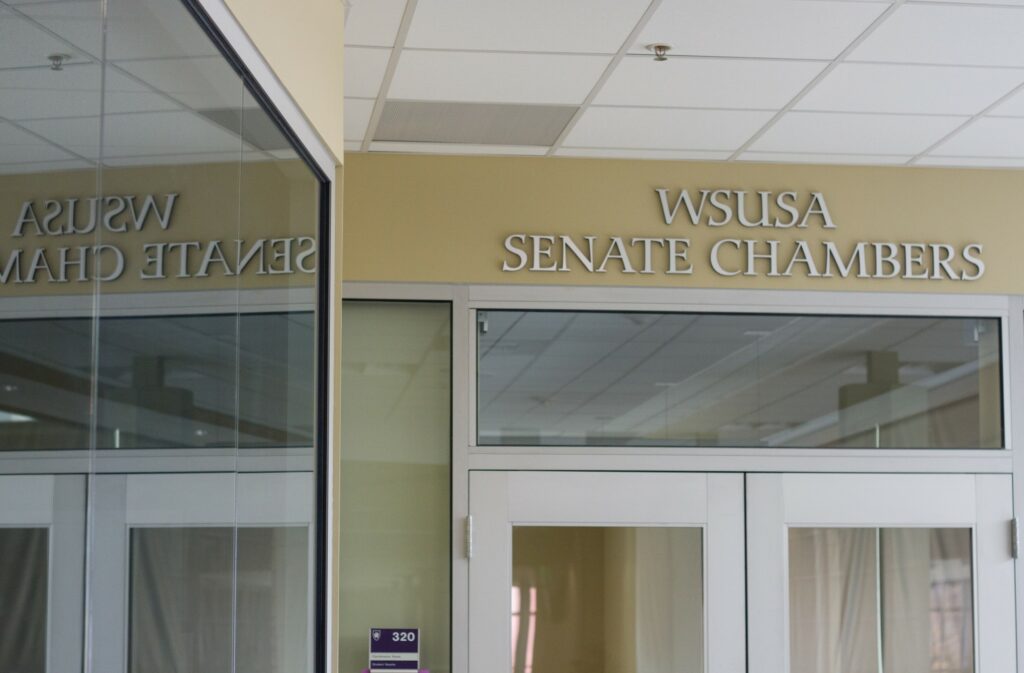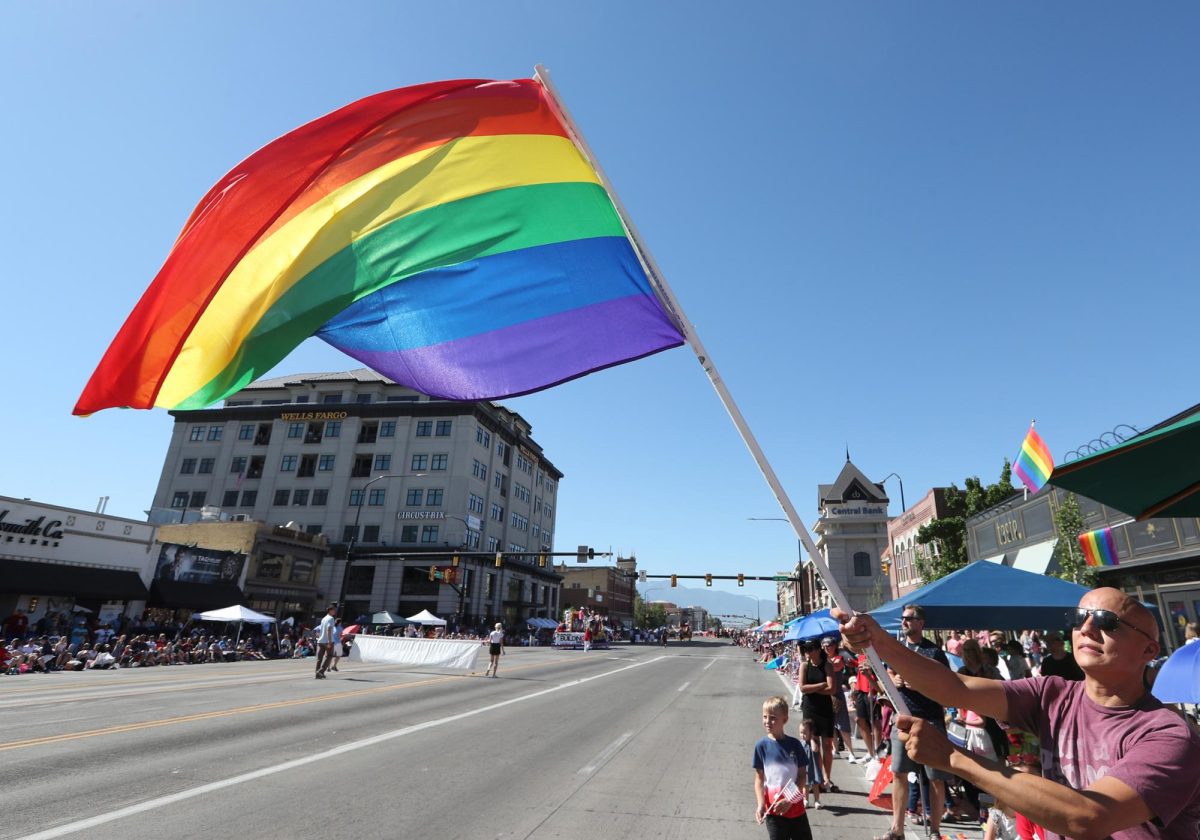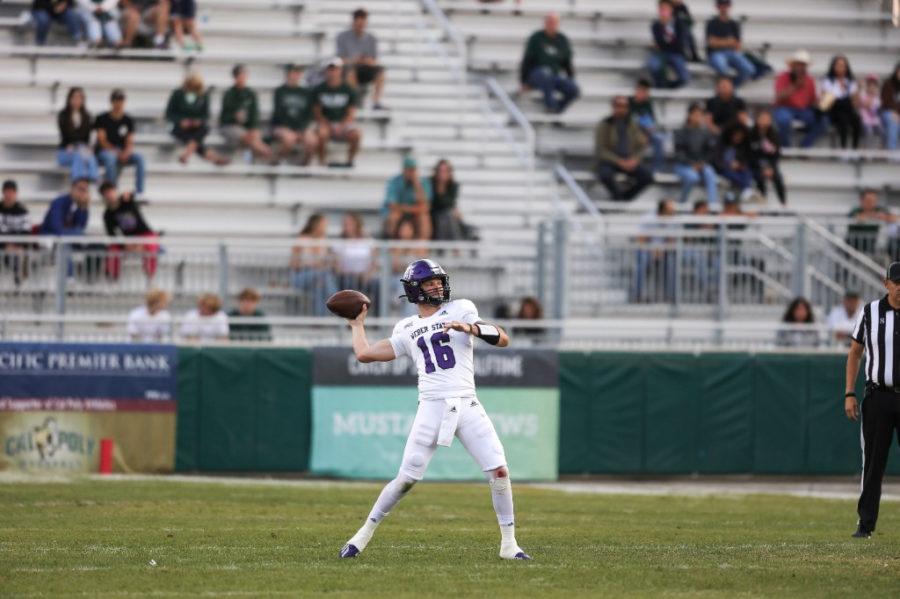
The LGBT community at Weber State University isn’t represented in the student senate, despite efforts to give them a voice.
In March, the student senate voted in favor of creating a new senator position for gender equality and sexual diversity. Shortly after its creation, the seat was challenged.
The individual who challenged the bill was a female who doesn’t identify within the LGBT community, according to Amber Fast, who proposed the seat during her run as the traditional student senator.
Upon examination, the WSUSA Supreme Court found the proposed senate seat to be unconstitutional.
“Every student does have a right to challenge something if they don’t feel that the seat is appropriate,” Fast said. “I do not know if there were ulterior intentions or not, according to what was put on (the Supreme Court response).”
The Supreme Court stated that the proposed senate seat did not align with the current WSUSA bylaws. The bylaws state that any officially recognized constituency may receive senate representation. Constituencies are defined as “any group of Weber State University students who share a unique community that can be legally tracked within the campus computer system, commonly known as Banner.”
Tracking LGBT students is a gray area, since questions regarding sexual orientation aren’t typically included in student demographics.
Fast said she knew proving constituency among the LGBT community could be difficult. But she also didn’t want to limit the power of the seat by excluding heterosexual students.
“I think some students, or the individual that challenged the bill, believe that you need to be within the LGBT community to be in this seat,” she said.
Fast said she intended for the senate position to be open to anyone, since she believes you don’t have to identify within the LGBT community to be an ally or advocate for those who do.
The Supreme Court also suggested the proposed senate seat be reworded, saying “it could appear confusing to students as to what the position does or does not include.”
Andrea Salcedo, the current senator for the College of Education, said creating a senate seat takes time and teamwork among the senators. The senate’s current focus, she said, is reworking the constitution. Until that’s complete, the bill to create a gender equality and sexual diversity seat is halted.
“It’s not a quick process,” Salcedo said. “If we’re able to rework and reword it, once we work on the constitution and set that up as well, it has a possibility to be passed.”
For the time being, there are 22 senate seats, none of which include a designated senate member to voice the needs of the LGBT community.
“Some of the things that you see for LGBT populations are higher rates of depression, anxiety, suicidality, and that comes from being a stigmatized and marginalized population,” said Jayson Stokes, the campus LGBT Resource Center coordinator. “Not having that senate seat continues to make people feel voiceless and unheard on the campus community.”
Stokes said he saw very few negative reactions to the proposed senate seat, and most students were quite supportive.
“We haven’t had much resistance,” he said. “But it has to be done the right way.”
Fast said she first began her work to create the senate seat because she felt there weren’t enough people reaching out to the LGBT community. She never saw her efforts come to fruition, but she has hope for future students.
“Now that I’m gone from senate, that doesn’t mean that I regret my choice,” Fast said. “I know I’ve left something behind that I hope that others are going to take the opportunity to pick up and keep working on.”
This story was updated at 5:05 p.m. Oct. 23.



















